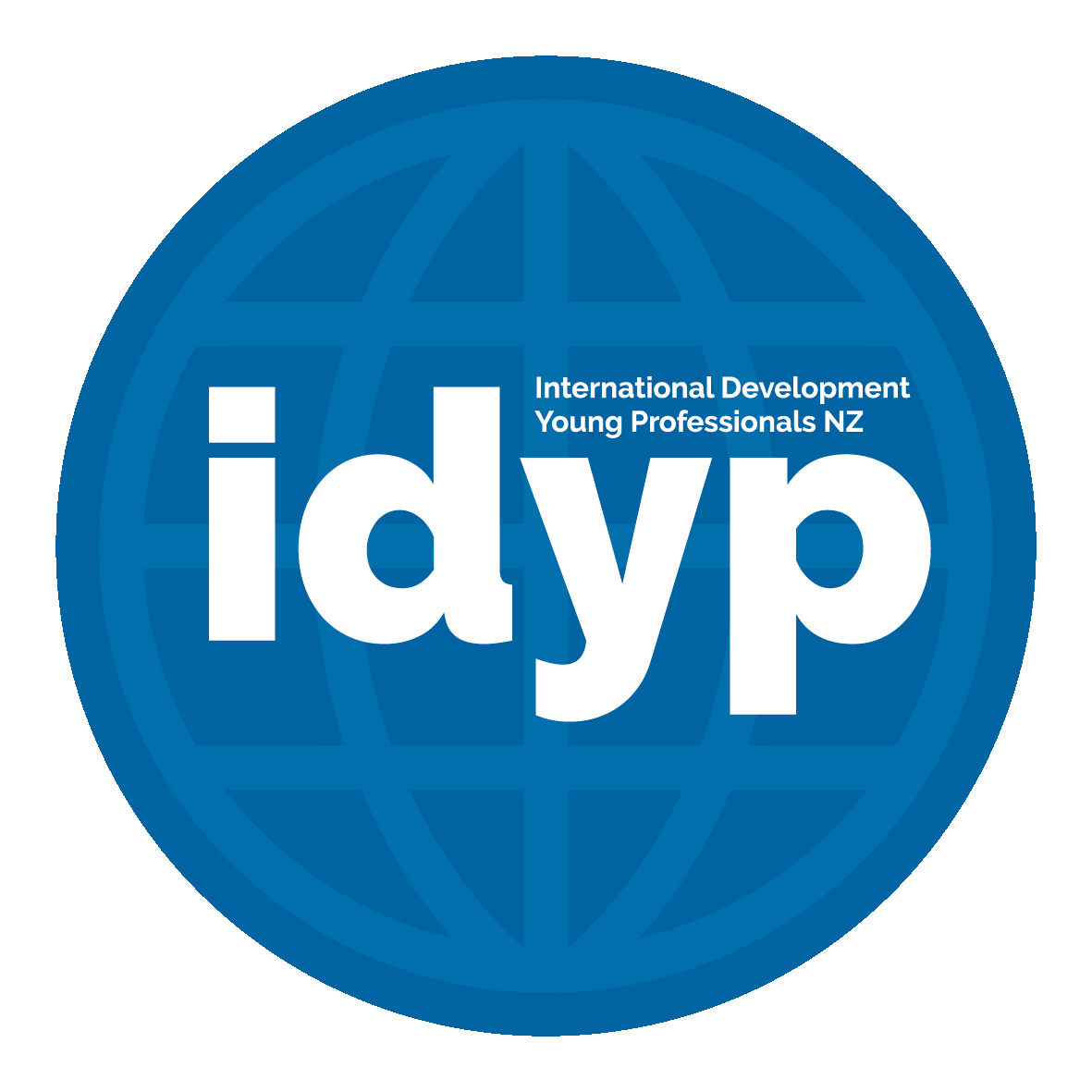IDYP & CID: What can social enterprises and NGOs learn from each other?
Originally published December 2, 2018.
On Thursday 22nd November 2018, IDYP were proud to partner with CID for their panel on #socialenterprise (SE). Watch the Facebook live video here & photos attached.
We were excited to hear from Tricia Fitzgerald (Social Enterprise Auckland), Rachael le Mesurier (Oxfam NZ), James Bushell (MOTIF), Mariam Almasri (Preserved Identity) and William Durbin (Companion Co-design). And a huge thank you to Paul Brown (ChildFund New Zealand) for leading the discussion.
On why are we having this dialogue about social enterprise (“SE”)? Rachael highlighted that this movement really started with the momentum of social marketing in 2004, which was presented as an exciting way of thinking. She commented that it’s now morphed into this rhetoric around social enterprise, and the issue we now face is how to keep growing this movement now? Miriam commented that people don’t just want to receive charity anymore, they want to work for their money with dignity. Tricia chimed in noting the rising disillusionment with capitalism and the demand for a different way of thinking.
Paul posed whether NZ SE’s go to scale or are they destined to be a cluster of hobbies? James claimed that NZ SE’s face similar challenges to SME’s in NZ generally. These SE’s usually need support on how to frame/market themselves as well as network within the right circles to scale up.
On how SE’s attract seed or ongoing funding Paul noted that he’s seen that most businesses borrow startup by borrowing against their home. William said they initially started with a kickstarter campaign similar to Indigo and Iris. From James perspective, there are a lot of funders who are finding it hard to find projects that align to them that they can fund, so it’s a matter of networking and framing.
Paul asked how do we insure that SE’s are accountable? Mariam stated that it’s important for them to connect and stay in constant communication with their producers in Palestine. However, they have faced ethical concerns by consumers, for example when posting a photo on her SE’s social media of some of their producers and a child in Palestine. Paul commented that in comparison to charities, whom are falsely-conditioned that money would just continue to come in, SE’s are challenged on this point constantly. William noted that consumers are sometimes concerned with how much of the actual money goes to the producers and are not caught up in “profit margins”. James went further to note that it would be great to see courses for founders/directors of SE’s on wellbeing in the sector as the challenges are constant. Tricia pointed out further that there is a major issue with trust across the sectors regardless of whether it is a charity or SE.
Pedram Pirnia (from UNANZ) in attendance asked how do we define accountability? Rachael claimed that charities should be helping to define the accountability/impact measures. However, part of the struggle is that they need the support of think tanks/academics. The old measure of a 75/25 split (production/administrative) is outdated. That impact measure doesn’t drive the system level change we’re after. James added that transparency can also be used as a tool instead of an impact measure tool. There is also the promise of bitcoin. Rachael went on to note that SE’s are changing the ID culture. Paul offered an example from Childfund and pointed that sometimes in order to change the culture, you need to change the people and even beyond restructures, you have to encourage your organisation’s people to take small risks and allow them to fail and learn. Further, some SEs and charities don’t focus enough on the problem; take small experiments to learn.
Paul claimed that people want to invest in SE’s, however investors also need to be challenged, even corporate social responsibility (CSR) schemes. How investors pay for their “sponsorship” or investment is telling as to where their agenda lies, i.e. whether it comes from their marketing budget. As for charities, Rachael noted that there needs to be a culture shift that charities can be for profit for good, as there is an NZ culture that charities should operate either out of a garage or on the smell of an oily rag. Charities need to make money, but they are doing good with it.
Finally, a question on how a universal base income (“UBI”) could impact on SE’s was asked. James noted that a UBI would enable SEs to scale up however it won’t necessarily address other social challenges for example climate change.
Thank you so much to the Council for International Development for co-hosting and to GridAKL for the free space.
Thanks to all of those who attended and made it a successful event.




